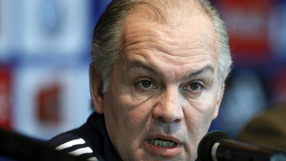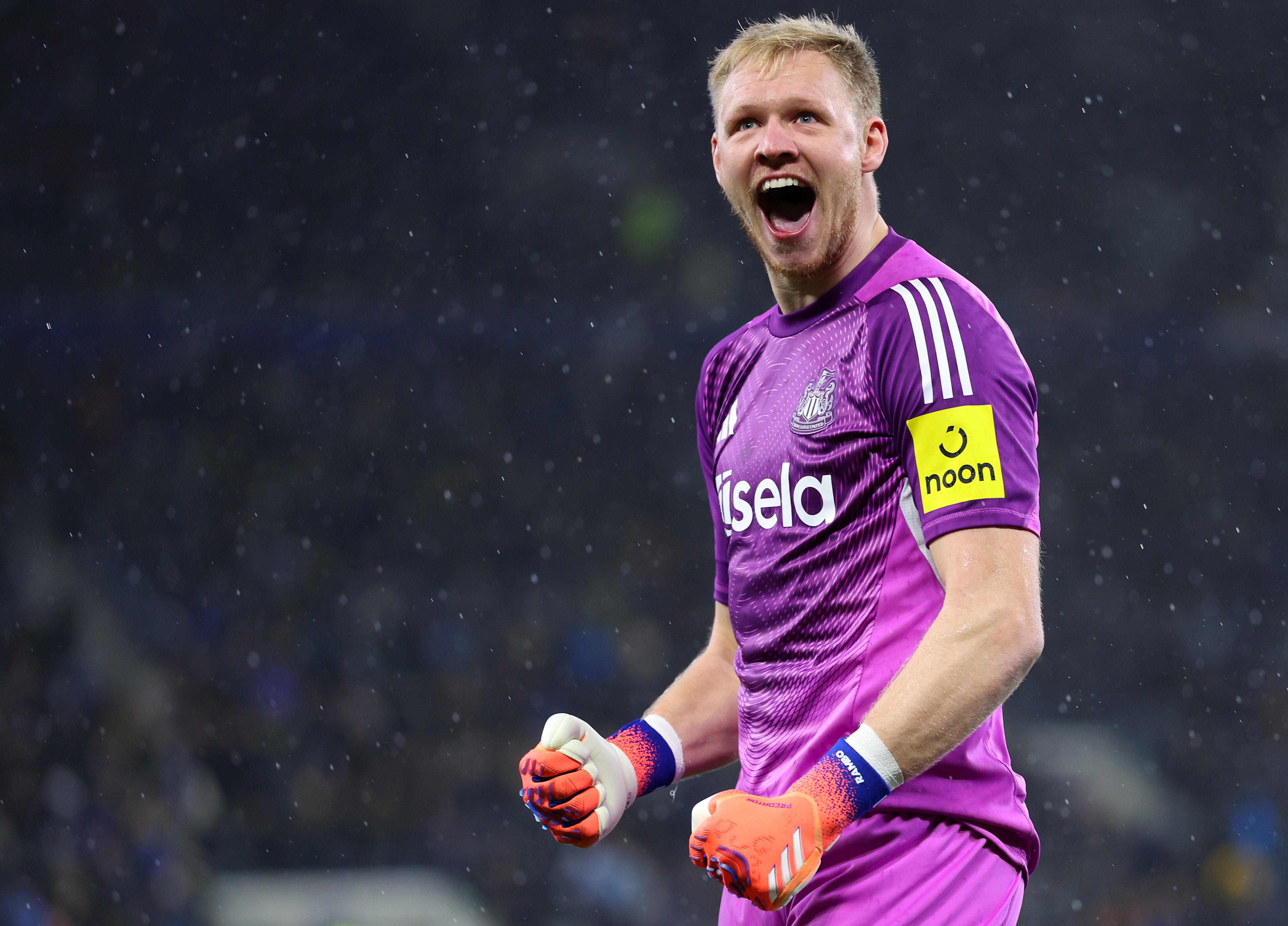
"The national team is the ultimate, we all dream of it," Sabella told a news conference at Argentina's training base on the outskirts of the capital.
"As kids we play in the 'barrio'... and we dream of playing in the first division, in the national team, abroad... then you're a coach, you want to train in the first division and you dream of coaching the national team.
"In this profession it's like reaching the zenith," said Sabella, a former midfielder whose short club career as a club head coach with Estudiantes yielded the Copa Libertadores, South America's Champions League, in 2009 and a domestic league title last December.
Sabella, assistant coach to Daniel Passarella at the 1998 World Cup in France, has succeeded Sergio Batista after he was sacked following Argentina's failure as hosts to progress beyond the quarter-finals of the Copa America last month.
"I want the team to be solid in defence, with a consistent midfield. I want it to hold the ball and be aggressive in attack. Obviously, that's the trainer's ideal. Then time will tell if we can achieve this," the 56-year-old said.
Argentina, boasting some of the world's top forwards including Lionel Messi, were deficient in midfield and at the back in the Copa America as they sought to end an 18-year wait for a major trophy.
They did not lose any of their four matches but went out on penalties to eventual winners Uruguay in the quarter-finals.
The best features, fun and footballing quizzes, straight to your inbox every week.
Sabella said there would be little change to the core of the team for South America's World Cup qualifiers starting in October but he would cast the net wide.
"All players with technical, mental and physical aptitudes who are fit will be considered. We must be generous. There is something which is above everyone and I hope the players understand that: the national team," he said.
"And behind them are a people who feel and [whose hearts] beat. We must all pull in the same direction."
Sabella's first commitment is a tour of Asia with friendlies against Venezuela in Calcutta on September 2 and Nigeria in Dhaka four days later.
 Join The Club
Join The Club





